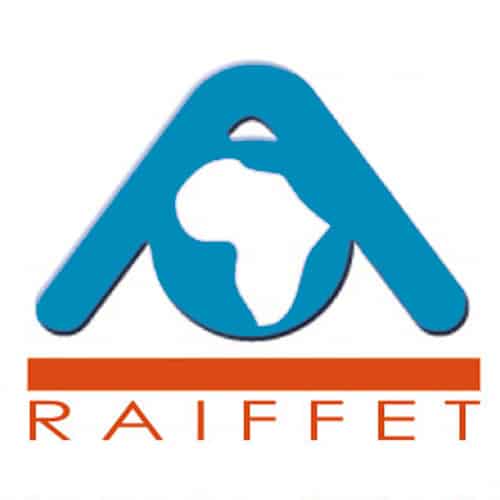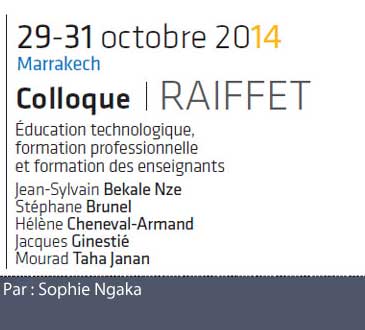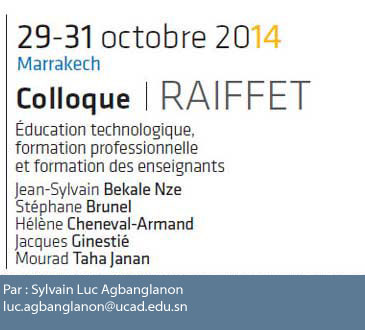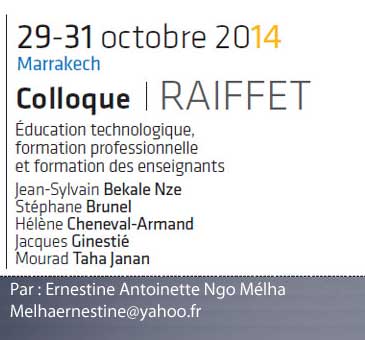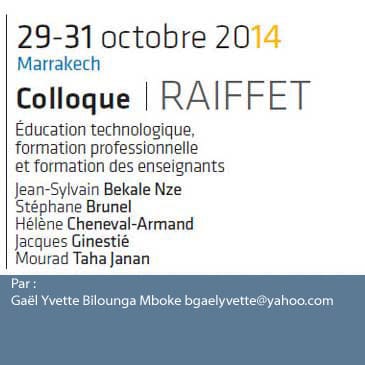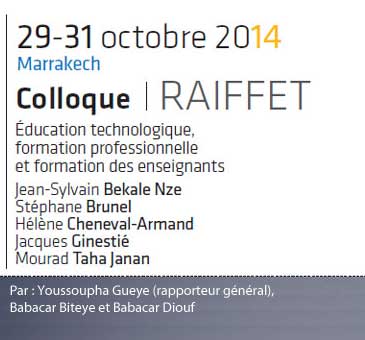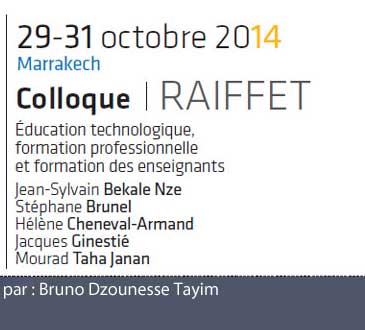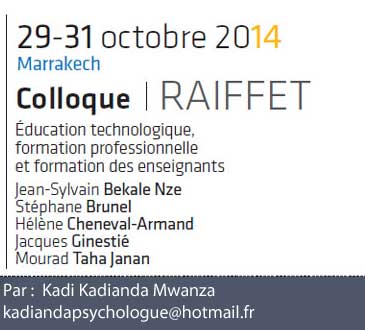
Repositioning vocational and technical education in Nigeria: competency based assessment skills training for vocational teachers in Lagos state, Nigeria
Introduction
Nigeria aspires to become a major player in the world economy in line with her Vision 20-20. It is very clear thatthe mostcrucial vehicle for attaining such ambitious goal, apart from power infrastructure, is a skilled and competent workforce. This is necessary for the effective implementation of national development projects and for attracting necessary international investment by especially hi-tech industries. Assessment and evaluation processes in TVET institutions, remain largely «academic», in spite of global trend towards industry based standard. As the country now appreciates the necessity of competent workforce, there is need to empower vocational teachers in delivery of national certification for crucial skills. In line with the practice adopted by many countries, the choice tends to some form of National Vocational Qualifications (NVQs), and National Vocational Qualifications Framework (NVQF).
Objectives
The objective of this programme is to provide training on competency based assessment skills (CBAS) to group of TVET teachers and administrators in 33 secondary/vocational schools in Lagos state, Southwest, Nigeria. Specific objectives of the programme are:
- to provide an understanding of the context of competency based assessment on the assessment procedure and the career competences of the student;
- the participants should be able to integrate knowledge, skills and attitudes in learning and assessment processes;
- to empower the participants on how to carried out “holistic evaluation of students workplace capability and knowledge”;
- to ensure that education and training standards are defined by agreed learning outcomes and applied
Methods
This study used the participatory action research (PAR) method because the core concept of this study focused on the participation of TVET teachers sharing ideas and synthesizing information about CBAS. The training was undertaken in classroom with field visits to selected Vocational enterprises. Eight modules were used for this training. The modules are:
- Concepts of competency based assessment
- The ‘O’ content model
- Competency management system
- Competency based assessment format
- Competency based assessment pitfalls
- Initial skill assessment
- Development of competence skills grid
- Competency based assessment checklist
Participants were mainly TVET teachers and school administrators, i.e. principals and vice principals. The study was later extended to other supporting personnel within the schools. A total of 223 teachers participated in this training. The participating teachers specialized in the following subjects metalwork, food and nutrition, dressmaking, basic electricity, woodwork, masonry, plumbing, computer operation, auto mechanics, etc. Three days was scheduled for each session with 50 participants per session.
Results
Participants’ evaluation forms indicate that the teachers liked these courses. During the participatory learning activities that were presented in this study, the participants engaged in the group discussions and identified the importance of the CBAS.
Conclusion
The course is highly interactive, using the knowledge and experience of the participants to develop their awareness of CBAS and methods of teaching. It was suggested that this training should become a regular event, thereby introducing more teachers to CBAS over time. It also shows the value of training which supports a competency based training.

Repositioning vocational and technical education in Nigeria: competency based assessment skills training for vocational teachers in Lagos state, Nigeria

Repositioning vocational and technical education in Nigeria competency based assessment skills training for vocational teachers in Lagos state, Nigeria
